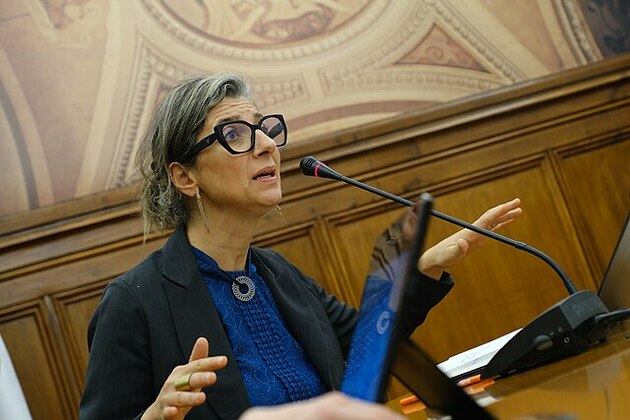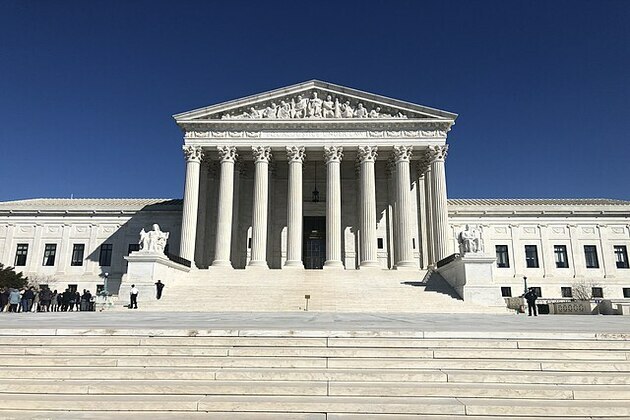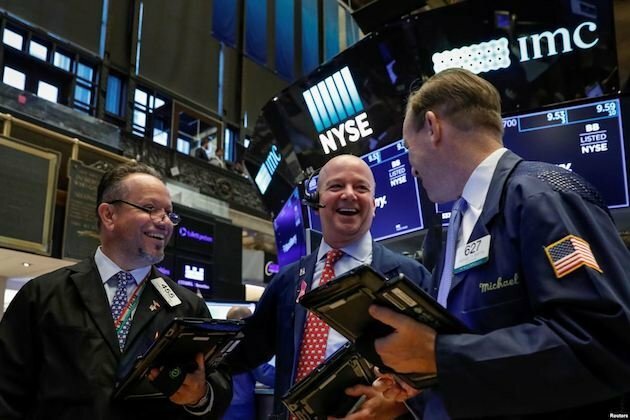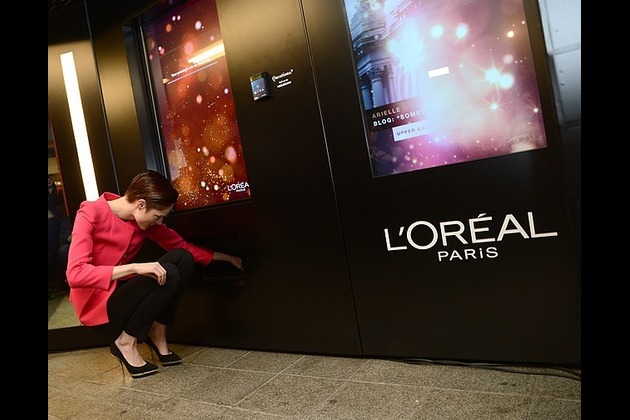Scientists Find Lab-Kept Honey Bees Live Only Half As Long As They Did 50 Years Ago
Merxwire
19 Nov 2022, 23:23 GMT+10
Why are bees declining, and where have they all gone? A study from the University of Maryland showed that compared to experiments in the 1970s, the lifespan of lab-kept honey bees was 50% shorter than at the time.
Washington, D.C. (Merxwire) - In recent years, the number of bees has dwindled, and many people blame climate change and environmental pollution for the problem, but these may only be part of the reason. A study from the University of Maryland showed that compared to experiments in the 1970s, the lifespan of lab-kept honey bees was 50% shorter than at the time. The study was published in Scientific Reports on November 14, 2022.
When entomologists Anthony Nearman and Dennis vanEngelsdorp of the University of Maryland conducted "standardized protocols for rearing adult bees in the laboratory," they noticed bees' shortened lifespan. Scientists modeled its impact and found that the results matched the "increased colony loss" and "decreased honey production" trends that American beekeepers have seen in recent decades.
The researchers collected bee pupae, completed their growth in incubators, and then raised adults in special cages. Using deionized water, 1% NaCl deionized water, or tap water to supply sugar water to the bees, the researchers found that compared to similar experiments in the 1970s, the average lifespan of bees today is about half as long, regardless of their diet.

According to the study, lab-kept honey bees live for 17.7 days today, compared to 34.3 days for lab-kept honey bees in the 1970s, a result that not only prompts an in-depth review of past published research but also rethinks: What is the real reason why the bees are missing? Because these findings may represent that bee life shortening has nothing to do with environmental factors but a genetic influence!
"We're isolating bees from the colony life just before they emerge as adults, so whatever is reducing their lifespan is happening before that point," Dr. Anthony Nearman said in a press release. "This introduces the idea of a genetic component. If this hypothesis is right, it also points to a possible solution. If we can isolate some genetic factors, then maybe we can breed for longer-lived honey bees."
"When I plotted the lifespans over time, I realized, wow, there's actually this huge time effect going on," Nearman said. He points out that people would expect lab-kept honey bees to live longer or the same because we are getting better at raising and controlling the environment. But it turned out to be the opposite of what we thought, and we saw a doubling of bee mortality rates.
The lifespan of lab-kept honey bees is similar to that of a beekeeper's colony! Scientists believe that genetics may be the main reason for the shortened lifespan of bees. Beekeepers often choose colonies with desirable characteristics for reproduction, and shorter-lived bees are less likely to spread disease, meaning shorter-lived colonies appear healthier and more productive. In this case, the raised bees will have a shorter lifespan.
 Share
Share
 Tweet
Tweet
 Share
Share
 Flip
Flip
 Email
Email
Watch latest videos
Subscribe and Follow
Get a daily dose of Massachusetts Sun news through our daily email, its complimentary and keeps you fully up to date with world and business news as well.
News RELEASES
Publish news of your business, community or sports group, personnel appointments, major event and more by submitting a news release to Massachusetts Sun.
More InformationInternational
SectionWhite House meeting between Trump, Netanyahu on July 7
WASHINGTON, D.C.: President Donald Trump will meet Israeli Prime Minister Benjamin Netanyahu at the White House on Monday. President...
Over 60 companies named in UN report on Israel-Gaza conflict
GENEVA, Switzerland: A new United Nations report alleges that dozens of global corporations are profiting from and helping sustain...
UK lawmakers desigate protest group as terrorist organization
LONDON, UK - Lawmakers in the United Kingdom have voted overwhelmingly to proscribe the direct-action group Palestine Action as a terrorist...
Dalai Lama to address Buddhist conference, reveal succession plan
DHARAMSHALA, India: The Dalai Lama is set to address a significant three-day conference of Buddhist leaders this week, coinciding with...
US Supreme Court backs Texas efforts to shield minors online
WASHINGTON, D.C.: In a significant ruling last week, the U.S. Supreme Court upheld a Texas law requiring age verification for users...
Turkey, France battle wildfires amid early Europe heatwave
ISTANBUL/PARIS/BRUSSELS: As searing temperatures blanket much of Europe, wildfires are erupting and evacuation orders are being issued...
Business
SectionGrammarly acquires Superhuman to boost AI workplace tools
SAN FRANCISCO, California: Grammarly is doubling down on AI-powered productivity tools with the acquisition of Superhuman, a sleek...
Standard and Poor's 500 and and Nasdaq Composite close at record highs
NEW YORK, New York -U.S. stock markets closed with broad gains on Thursday, led by strong performances in U.S. tech stocks, while European...
Persson family steps up H&M share purchases, sparks buyout talk
LONDON/STOCKHOLM: The Persson family is ramping up its investment in the H&M fashion empire, fueling renewed speculation about a potential...
L'Oreal to buy Color Wow, boosts premium haircare portfolio
PARIS, France: L'Oréal is making a fresh play in the booming premium haircare segment with a new acquisition. The French beauty conglomerate...
Robinhood launches stock tokens for EU investors, adds OpenAI
MENLO PARK, California: Robinhood is giving European investors a new way to tap into America's most prominent tech names — without...
Wall Street diverges, but techs advance Wednesday
NEW YORK, New York - U.S. stocks diverged on Wednesday for the second day in a row. The Standard and Poor's 500 hit a new all-time...















